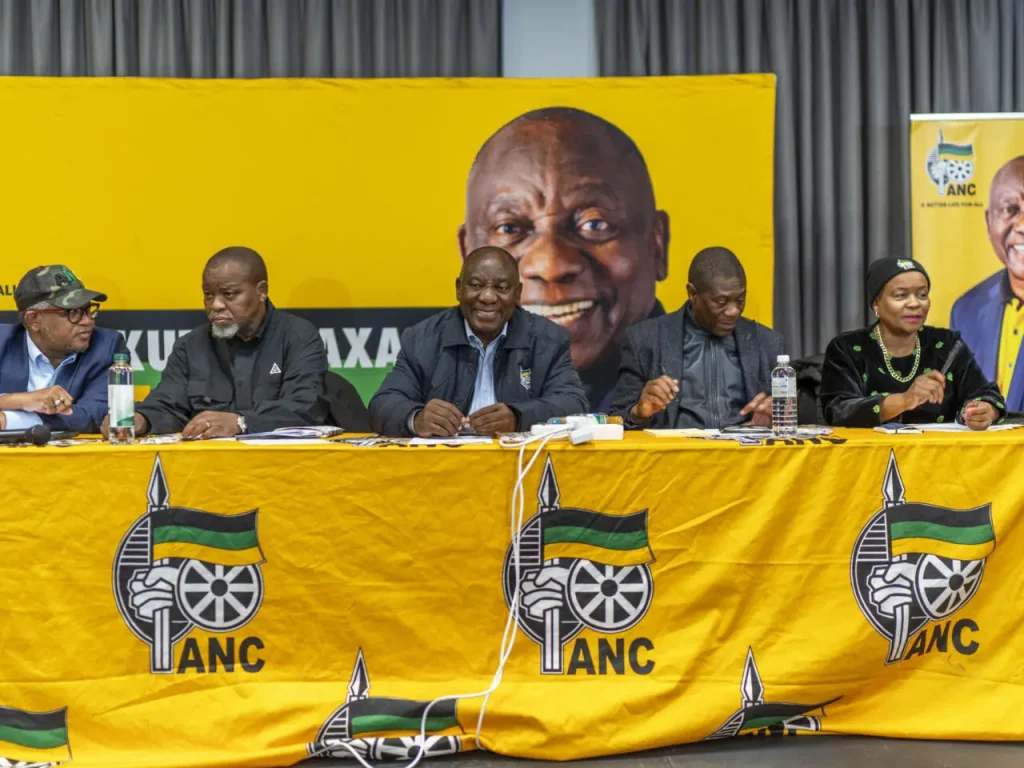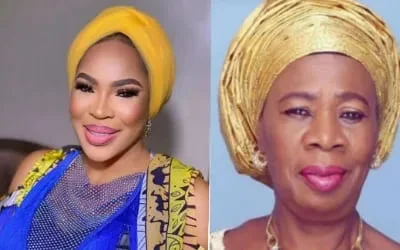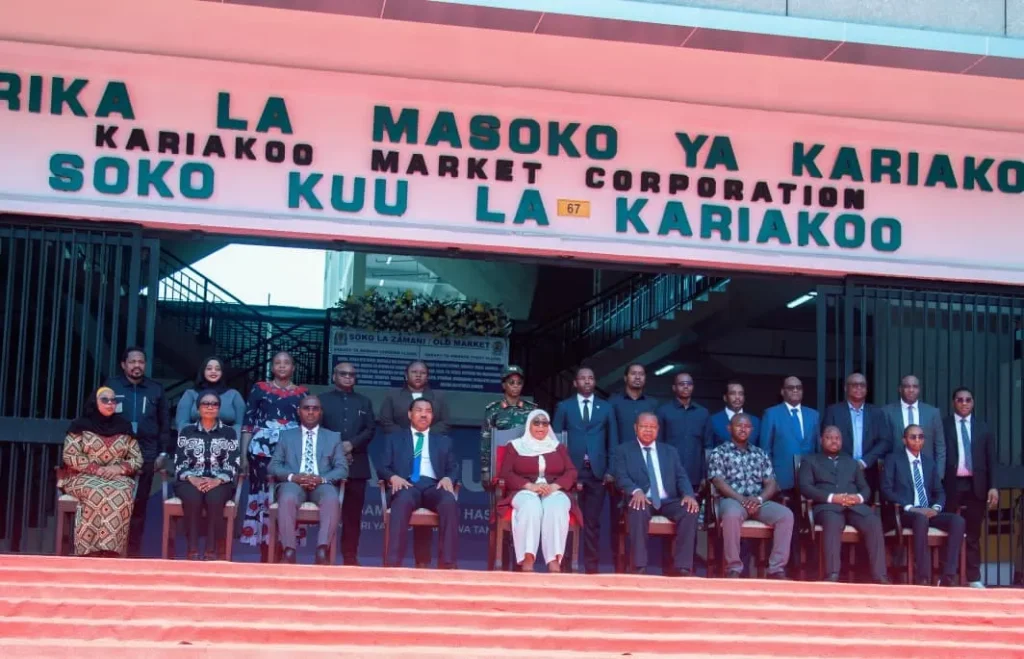South Africa’s African National Congress (ANC) has proposed forming a government of national unity with opposition parties after losing its parliamentary majority for the first time since the end of apartheid. President Cyril Ramaphosa, leading the ANC, announced this strategy to address the nation’s challenges and maintain stability following a pivotal election.
A New Political Landscape
The ANC, which has governed South Africa for three decades, secured just over 40% of the vote, retaining 159 of the 400 seats in the National Assembly but falling short of a majority. This marks a historic shift, as the party that led the fight against apartheid must now collaborate with rivals to govern. Ramaphosa emphasized the urgency of forming a coalition to ensure national unity, economic growth, and commitment to non-racialism and non-sexism, with a tight constitutional deadline looming for parliament to elect the country’s president.
Challenges in Coalition Building
Forming a government of national unity presents significant hurdles due to ideological differences among major opposition parties. The Democratic Alliance (DA), a pro-business, white-led party with around 21% of the vote, contrasts sharply with the populist uMkhonto weSizwe (MK), led by former President Jacob Zuma with over 14%, and the hard-left Economic Freedom Fighters (EFF) with about 9%. Ramaphosa noted that the ANC has engaged in constructive talks with the DA, EFF, Inkatha Freedom Party, National Freedom Party, and Patriotic Alliance, and is open to working with any party in the public interest. However, MK confirmed discussions with the ANC, while the DA expressed reluctance to join a coalition including MK or the EFF, complicating negotiations.
Addressing National Challenges
South Africa, Africa’s most developed economy, faces a decade-long decline marked by sluggish growth, high poverty and unemployment rates (32%), crumbling infrastructure, and widespread political corruption. Ramaphosa stressed that the unity government’s primary goal is to tackle these pressing issues, reflecting the priorities of South Africans. The ANC’s proposal draws on historical precedent, as the first democratic government in 1994 saw Nelson Mandela lead a coalition with the National Party and Inkatha Freedom Party, former adversaries, to navigate post-apartheid challenges.
A Path Toward Unity
The ANC’s push for a government of national unity signals a commitment to bridge divides in a fractured political landscape. As coalition talks intensify, the outcome will shape South Africa’s ability to address its socioeconomic woes and restore public trust. Ramaphosa’s leadership will be tested as he navigates ideological tensions to form a stable government that can deliver on the nation’s aspirations.






